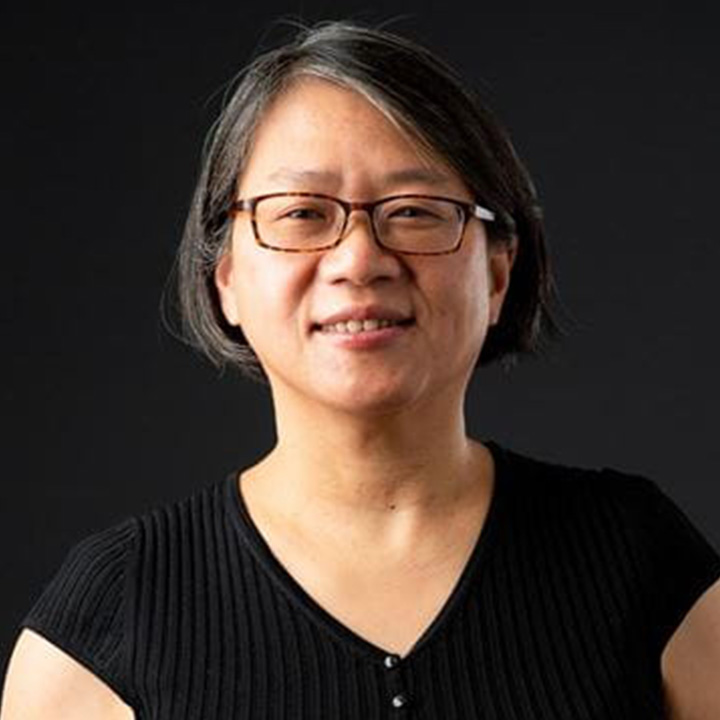- About this researcher
Hsin-Jung Joyce Wu
Professor
Internal Medicine

Academic information
- Department: Internal Medicine
Research interests
- Dysbiosis-related autoimmune diseases
About
Biography
Imbalance of gut microbiota (dysbiosis) leads to many diseases including those located systemically (outside the gut). Dysbiosis-associated systemic autoimmune diseases such as rheumatoid arthritis and lupus have been rising rapidly and are emerging as modern epidemics. My lab focuses on a big question: how microbiota that reside in the gut alter the development of non-gut diseases. My lab addresses this question by examining how commensals modulate host’s mucosal and systemic immune responses. The results of the lab’s studies will pave the way for novel therapies for dysbiosis-related autoimmune diseases.
Rheumatoid arthritis (RA) is an important health problem. The low concordance rate of RA in monozygotic twins (15%) compared to other autoimmune diseases such as type I diabetes (~50%) suggests that environmental factors must play a crucial role in the etiopathogenesis of RA. My current research addresses two major topics, the gut-joint axis and the gut-lung axis. The gut-joint axis project studies mechanisms underlying the gut microbiota’s influence on arthritis, focusing on T cell plasticity and exhaustion; both topics are poorly understood and their role in autoimmune disease remains largely unknown. Using “fate-mapping” in a murine arthritis model, the lab found that gut microbiota can convert already differentiated T cells into another T cell type, promoting arthritis. My team and I are applying these findings to RA patients by using synovial and peripheral blood cells to study the biomarkers and functions that are tied to the gut-origin of the disease.
Lung complications are common, and a major cause of death in RA patients. RA’s lung pathogenesis has remained poorly understood. My lab has established a novel RA lung disease model that displays human RA-like lung lesions and functional defects. Many lung diseases are linked to gut dysbiosis, yet this phenomenon, termed the gut-lung axis, remains poorly studied. The gut-lung axis project in the Wu lab studies the TCR repertoire and T cell metabolism with a focus on hypoxia-inducible factor-1a (HIF-1α), an O2 sensor in hypoxic tissue such as gut. My lab has developed a state-of-the-art photoconverting technique to track single cell migration between gut and systemic tissues to study this topic.
Credentials
Education
- PhD - B cell signaling
- University of Kentucky, Lexington, United States of America
Research
Research interests
- Dysbiosis-related autoimmune diseases
Awards and honors
- 2021: Ronald L. Whisler Endowed Chair, Dept of Internal Medicine, Ohio State University
